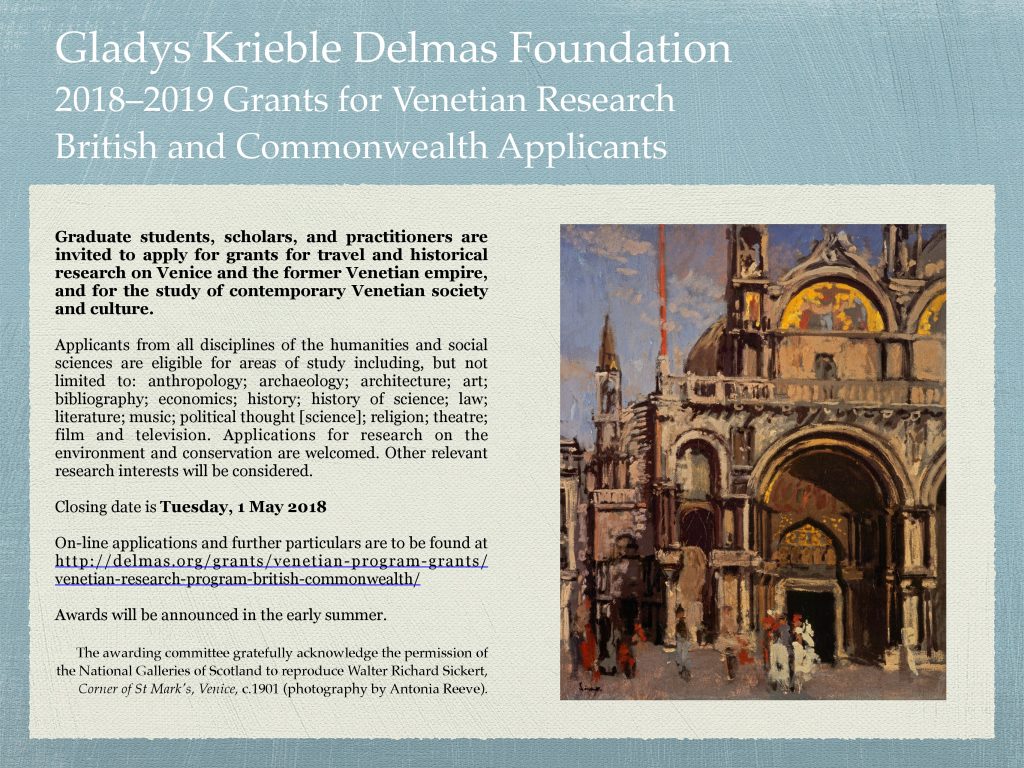Migrating Texts: Innovation and Technology in Subtitling, Translation and Adaptation
Friday 4 May 2018 | IMLR, Room 243, Senate House, London WC1E 7HU
***Free training generously supported by LAHP (London Arts & Humanities Partnership), the European Commission and IMLR (The Institute of Modern Languages Research)***
Please join us for our next Migrating Texts event, aimed specifically at postgraduate students and ECRs researching in the Modern Languages and Arts and Humanities, and to practitioners in these fields. Migrating Texts brings together academic speakers with individuals from the subtitling, translation and cross-media industries, with the aim of fostering communication between the two and promoting opportunities for collaboration between academia and the cultural industries. Our forthcoming event will focus on innovation and technology.
In the last decades, advances in digital communications and innovative technologies have deeply transformed the way texts are created and travel across material, linguistic, spatial and temporal boundaries. This is particularly evident in the everchanging landscape of the audiovisual translation (AVT) sector, but translation practices in publishing and theatre, for example, have also been affected. What tools were available to translation practitioners before the digital revolution? What can we learn from the transition from analogue to digital production? How has online software reformed translators’ access to work and their modus operandi? How has the job market adapted to the demand for a new profile of translator who is at the same time a language-cultural expert and tech-savvy? What new forms of adaptation are available today?
The subtitling session will explore advances in subtitling practice from a diachronic perspective. It will first discuss the origins and nature of written language on screen and the key role played by early, often non-professional, translators in the international circulation of moving images. It will then observe more recent technical developments in both textual and professional practice, underlining issues surrounding quality standards and access to the job market.
The translation and adaptation session will explore changes to reading, writing and publishing occasioned by technological innovation, from the ways we do translation (e.g. computer-aided translation methods) to the ways translations and adaptations are disseminated (e.g. digital storytelling platforms). The session concludes with a practical exercise where attendees will adapt a text for a digital storytelling platform.
For more information on the speakers, please see the Migrating Texts website:
https://migratingtexts.wordpress.com/about-the-speakers/
Attendance is free. You may register your place through the IMLR website:
https://modernlanguages.sas.ac.uk/events/event/14045
We look forward to seeing you there!
The Migrating Texts team: Carla, Katie, Kit
Website: migratingtexts.wordpress.com
Twitter: @MigratingTexts | Facebook: migratingtexts | Email: migratingtexts@gmail.com
. . Category: Archived Events . Tags: Adaptation, Cultures and Languages, Migrating Texts, modern languages, Subtitling, training, Translation


